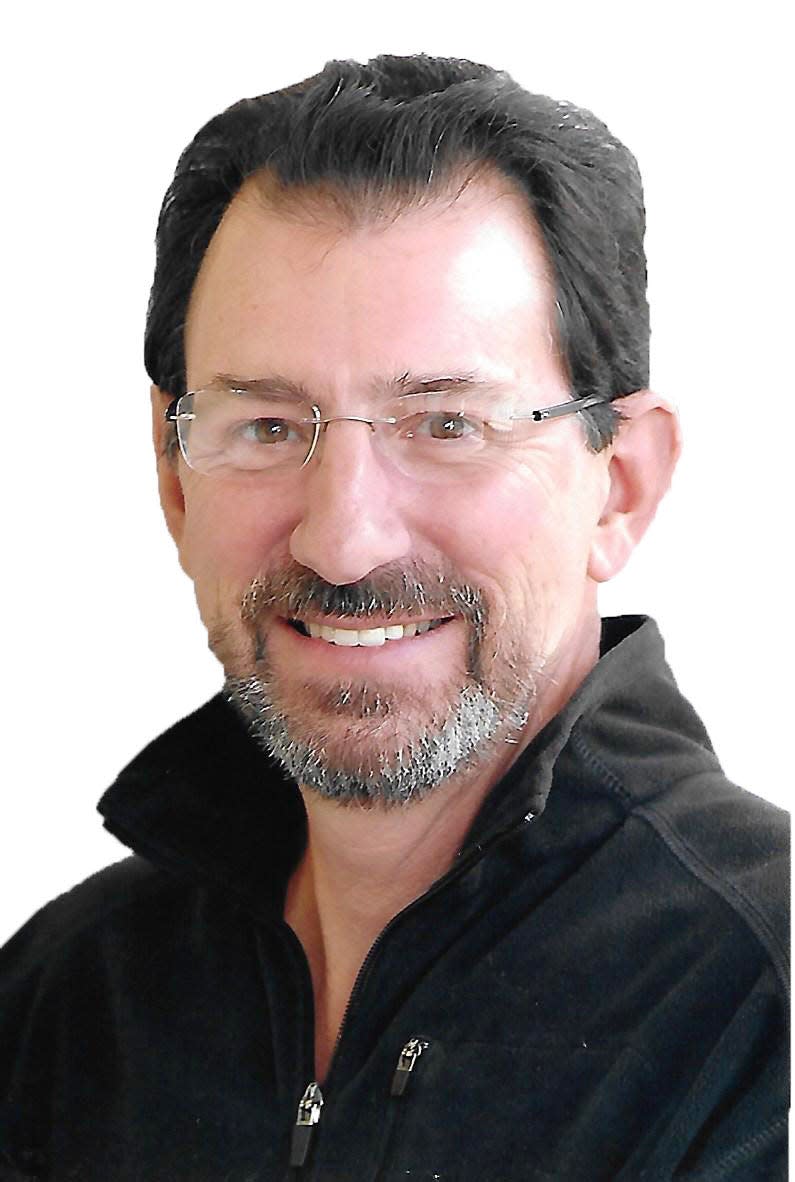Kendall Stanley: Speak Gullah?
New York City is a city of superlatives. There are, for instance, more Jews in New York than in Tel Aviv and Jerusalem combined.
There are also more threatened or endangered languages in the city as well.
Most of us, if we think of other languages at all, don’t think of the languages that are going extinct and if we do we envision small tribes in the Amazon or clutches of people high above us in hard-to-reach mountain villages.
Sure, there’s some of that and a smattering of far-flung islands as well.

The Endangered Language Alliance in New York have documented threatened languages in the city and 150 of those are endangered.
In Manhattan alone, 41 languages have been identified. Of those I was familiar with the following: Mojave, Hawaiian, Irish, Lakota, Cherokee and Gullah.
Certainly the Native American languages are more widely used in the west and on the reservations. There are also more Gullah speakers in the south, but the group is looking at the speakers in the city so while there may be some Gullah speakers, for example, in NYC they are fading away.
Even if there are some speakers remaining, the languages can often be overrun by other languages, English for example. How many languages were lost when colonial powers took over countries around the world. Any local indigenous languages in Brazil, for example, were overwhelmed by Portuguese. The same is true of the spread of Spanish, English, Italian, French, etc.
What was striking about the story was the wide diversity of the people from around the world, from the Himalayas to the Mideast, Gabon and the Republic of Congo., central Mexico and Pacific islands.
Through all of the diversity, New Yorkers make it work.
What a city, hey!
Caught!
After decades of trying to overturn Roe v. Wade, the anti-abortion movement was like a dog chasing a car. Well they finally caught it, the Supreme Court overturned that decision saying it should be up to the states and those closest to the electorate to decide the issue of abortion.
Needless to say, bedlam ensued.
Legislatures that for years were stymied in trying to overturn the high court’s Roe decision suddenly found themselves off the lease — unloading hundreds of bills on the public to stifle the ability of women to seek an abortion.
What they found was voters then took to the ballot box, enshrining abortion rights into state constitutions as they said to the anti-abortion crowd, stay away from our rights.
In the reddest states anti-abortion laws have stood up to challenges, forcing women to go to other states for abortions or to get pharmaceutical abortion drugs sent to them.
But then along came Alabama, where the Supreme Court basically ruled that embryos were children, throwing artificial fertility programs into jeopardy and totally upsetting the lives of couples who were in the invitro fertilization process. If you don’t use all of the eggs that might be fertilized are those fertilized eggs really “children?”
Politicians started to scramble to ensure that invitro would be continuing but how do you reconcile allowing couples to continue on when the case at hand — the destruction of embryos at a clinic — was the basis for the case?
You can’t lay down an opinion one day and then start making exceptions the next.
As I started this out, the dog has caught the car — politicians started falling all over themselves to see how outrageous the laws they could come up with that would cruise through legislatures. And then the backlash.
Polls before Roe was overturned always showed Americans were in favor of abortion and even some of those opposed were willing to consider exemptions such as incest, rape or to save the life of the mother.
But with the Roe overturn, the anti- forces went hog wild — they had caught the car and now they were going to have their way with it.
Fortunately, voters across the country took notice and are finding ways to work around the worst of the anti-abortion programs.
Be careful what you wish for; sometimes your wishes will come true sparking a backlash you wish would never happen.
— Kendall P. Stanley is retired editor of the News-Review. He can be contacted at kendallstanley@charter.net. The opinions expressed in this column are those of the writer and not necessarily of the Petoskey News-Review or its employees.
This article originally appeared on The Holland Sentinel: Kendall Stanley: Speak Gullah?

